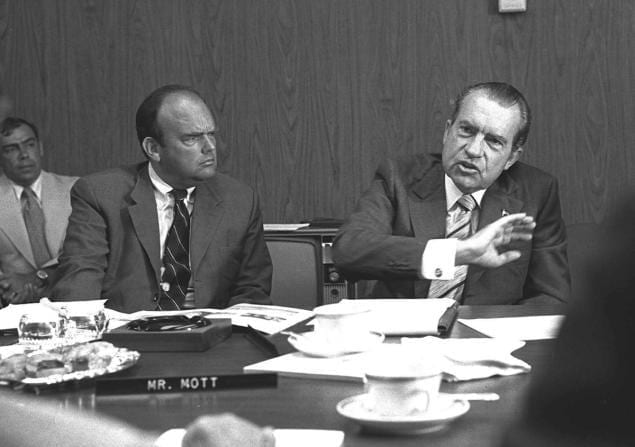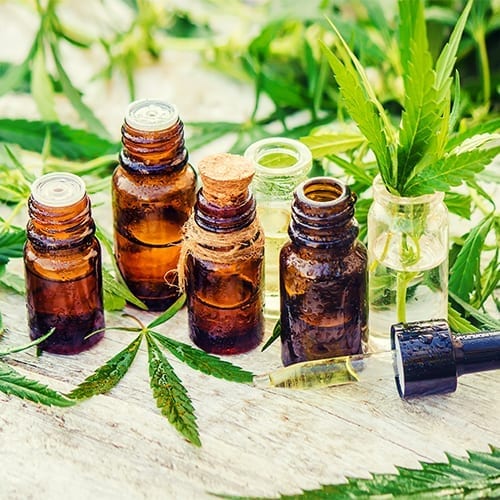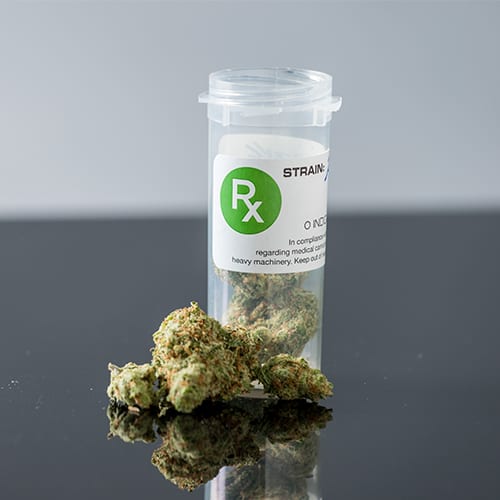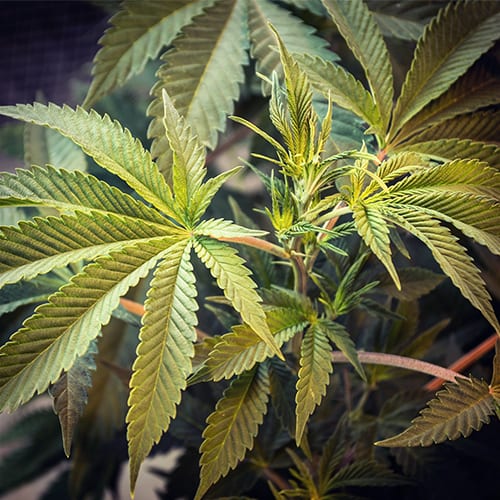
For just over four decades, the United States has spent innumerable resources to fight the “War on Drugs.” In fact, the Drug Policy Alliance puts the cost at $1 trillion in total. But that figure doesn’t necessarily account for the cost of judicial services and incarceration, and the loss of funding to other social service programs that could have better targeted the root causes of addiction and drug crime. Yet the war wages on, despite being largely ineffective, and – in some cases – exacerbating drug-related crime.
Moreover, for four decades, numerous writers, reporters, academics, activists, and citizens have pointed out that the War on Drugs has in fact been a war on people of color. Research shows that African Americans are more likely to be arrested and incarcerated for drug-related crimes, despite constituting only 13 to 20 percent of all drug offenders.
So it was horrifying, yet sadly not surprising, when confirmation of the War on Drug’s unapologetic racism and classism came to light in the media on Monday this week.
Journalist Dan Baum interviewed John Ehrlichman, Nixon’s chief advisor on domestic policy, back in 1994 for his book, Smoke and Mirrors: The War on Drugs and the Politics of Failure. Ehrlichman’s comments didn’t make it into the book, as they didn’t fit the style and purpose of the work. However, Baum’s cover story for April’s issue of Harper’s – aptly titled “Legalize It All: How to End the War on Drugs”, and well worth reading – brought Ehrlichman’s confessions to the fore of the public sphere.
In the interview, Ehrlichman answered Baum’s questions about the War on Drugs bluntly:
“The Nixon campaign in 1968, and the Nixon White House after that, had two enemies: the antiwar left and black people. You understand what I’m saying? We knew we couldn’t make it illegal to be either against the war or black, but by getting the public to associate the hippies with marijuana and blacks with heroin, and then criminalizing both heavily, we could disrupt those communities. We could arrest their leaders, raid their homes, break up their meetings, and vilify them night after night on the evening news. Did we know we were lying about the drugs? Of course we did.”
I’ll be covering the War on Drugs and its inherent bigotry in an upcoming piece on the history of cannabis’ illegality in the US (see Part 1 of that series for some background information on this topic). But, for now, suffice it to say that it isn’t surprising that Nixon’s administration – which marks the resurgence of conservatism after the civil rights and social movements of the 1960s – would find nefarious ways to target people of color and leftists for their political activities.
While cannabis legislation in the US may be changing slowly, one state at a time, the lives of countless people across the Western hemisphere continue to be devastated by outdated and prejudiced policies. Let’s hope that we can demand fair and sensible laws from our future leaders, and address the real societal ill that fuels drug crime – socioeconomic inequality.
Source – MassRoots





